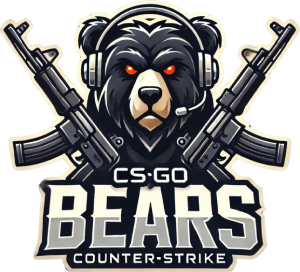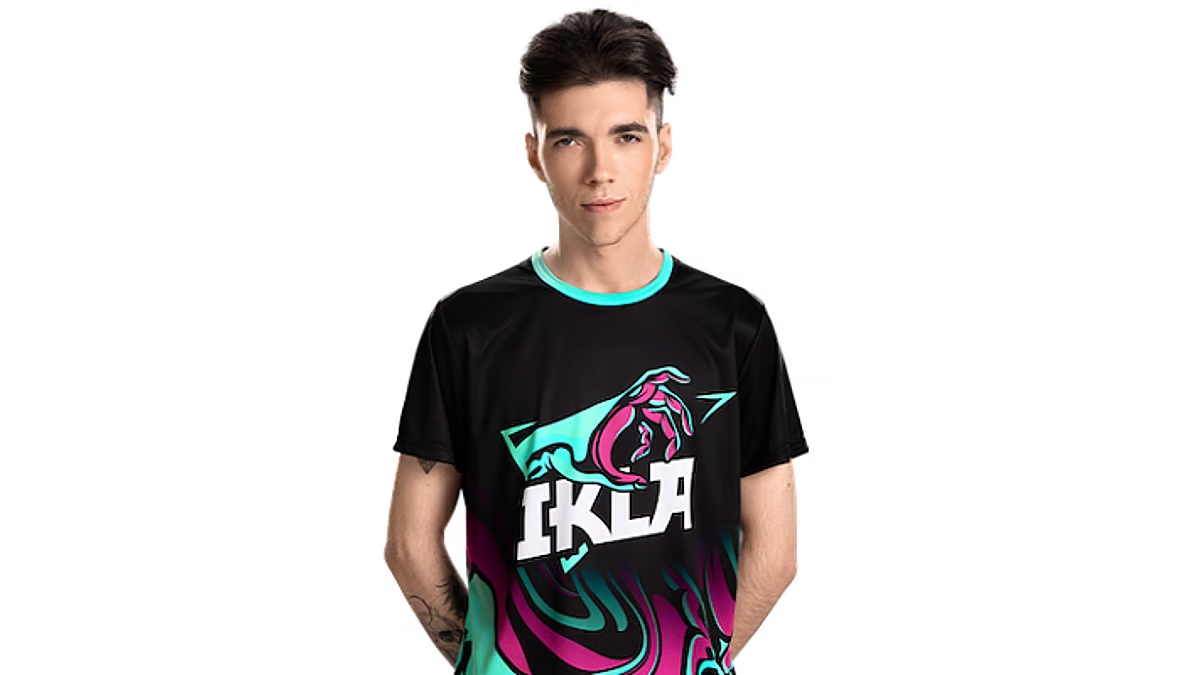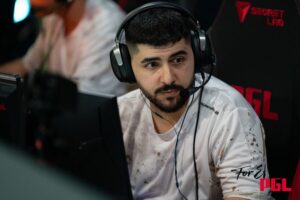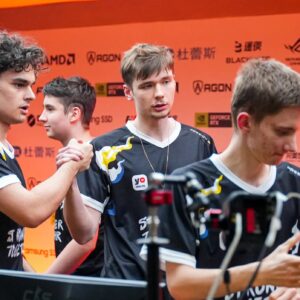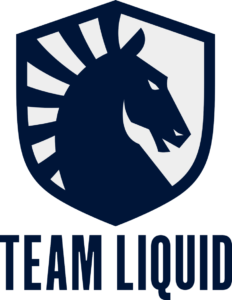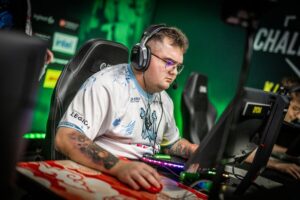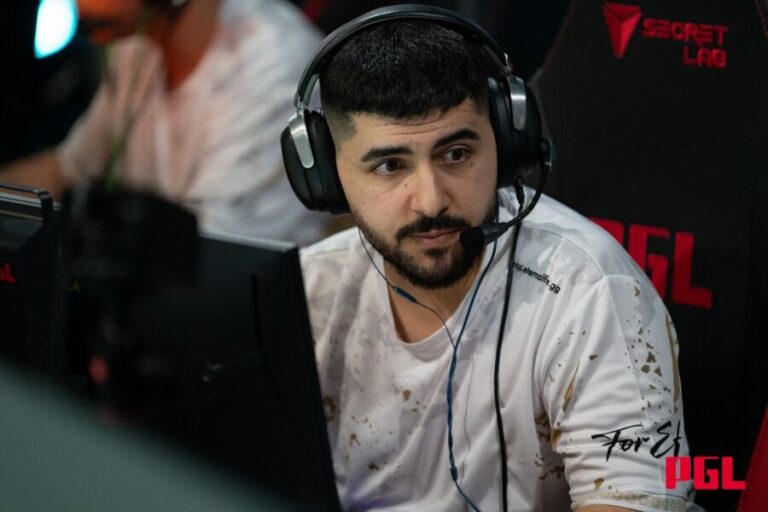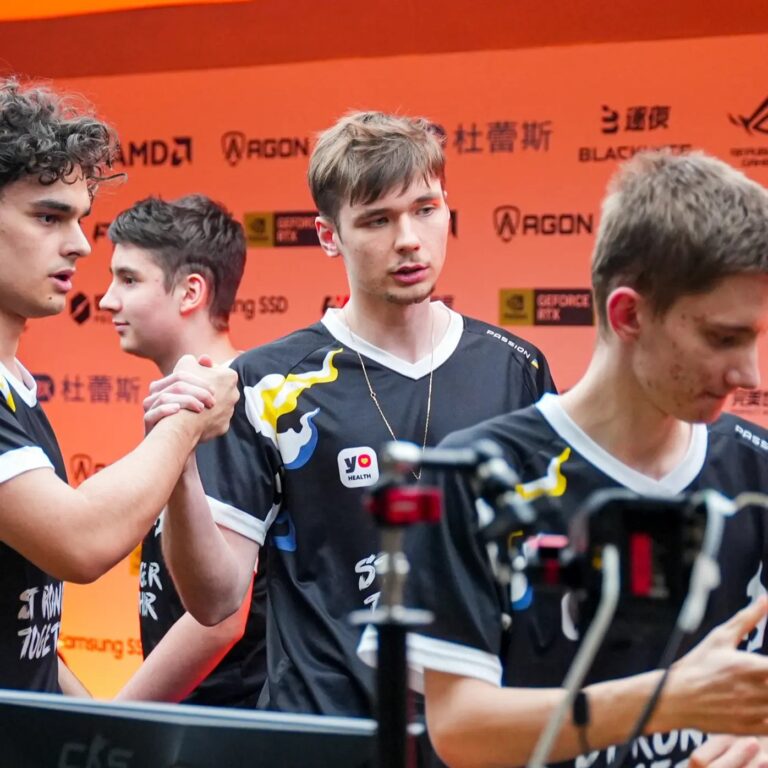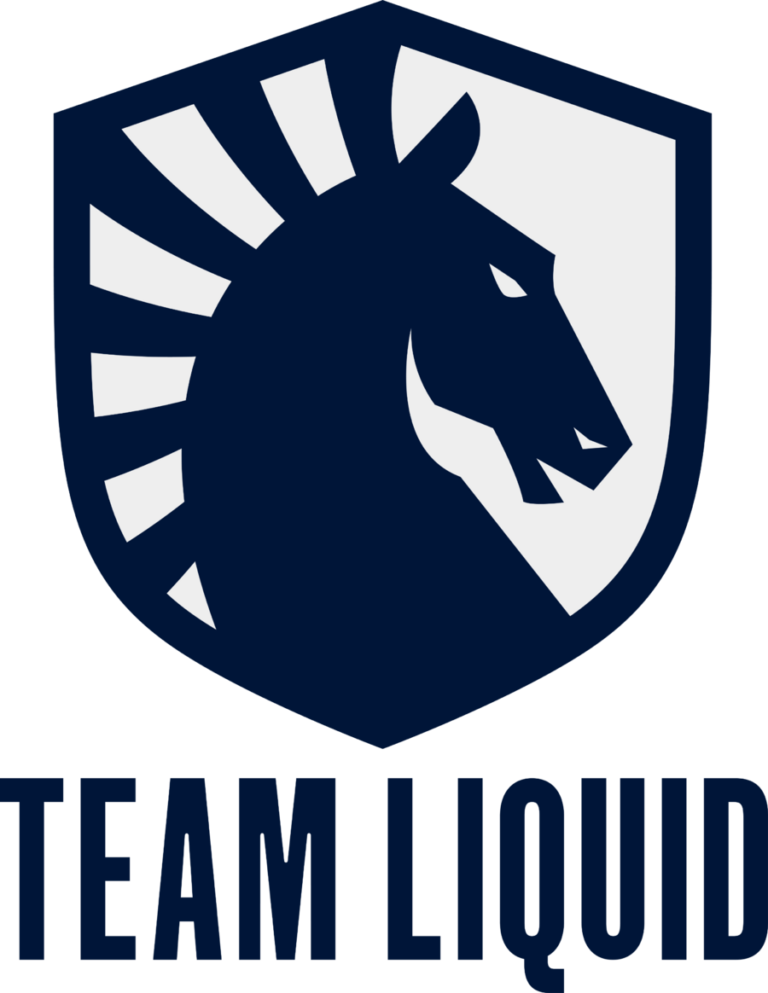Vladislav “Kvem” Korol has ignited controversy in the esports world by announcing his departure from IKLA, declaring himself a free agent. The player cited a breach of contract as the reason for his decision, sparking backlash from IKLA’s CEO, Maksym Bednarskyi, who has strongly contested these claims, insisting the contract remains valid and warning of potential legal repercussions for any organization that signs the player.
Kvem, who joined IKLA after the organization rebranded from ES Kyiv, made his announcement after spending months on the bench. He stated that he terminated the agreement due to IKLA’s failure to uphold its terms and expressed his readiness to join a new team. However, the organization denies any violations, with Bednarskyi highlighting that the termination letter from Kvem’s representative did not meet legal standards and asserting that the player’s unilateral declaration breaches a specific clause in the contract.
The CEO also revealed that IKLA had made efforts to facilitate a transfer for Kvem, including offering a $10,000 bonus to encourage his move to another team and doubling his salary to extend his stay. Despite these gestures, the player reportedly refused all offers, opting instead to wait until after the major tournament season before making his next move.
Bednarskyi emphasized that IKLA views Kvem’s contract as a valuable asset and expressed frustration with the player’s actions, which he believes were influenced by external parties. He warned that reputable organizations would likely avoid signing players who attempt to bypass their contractual obligations in such a manner. According to the CEO, any premature exit would have long-term consequences for the player’s career and the esports industry, undermining trust and stability among organizations.
This dispute has sparked widespread discussion. Kvem asserts contract violations on IKLA’s part, while the organization is preparing to defend its position legally. The outcome of this conflict could have significant implications for player contracts and organizational practices in esports, and the community is watching closely for further developments.
